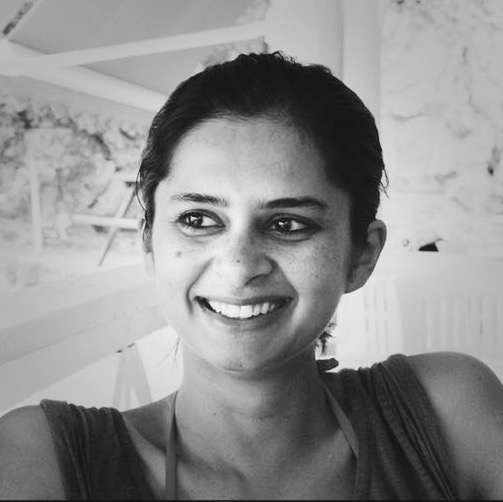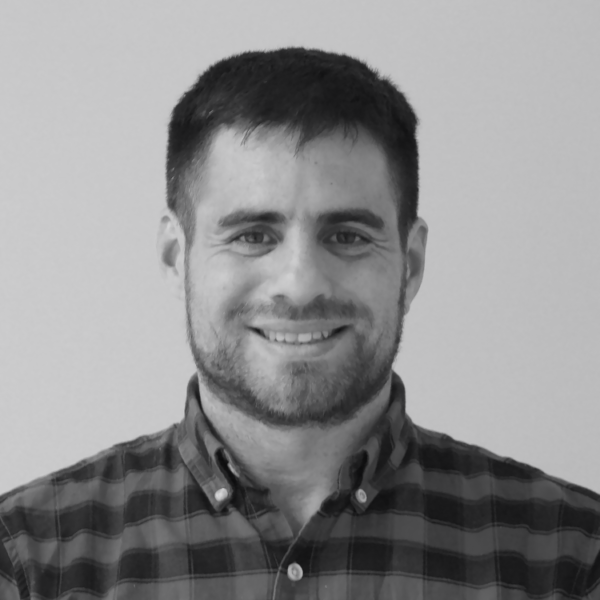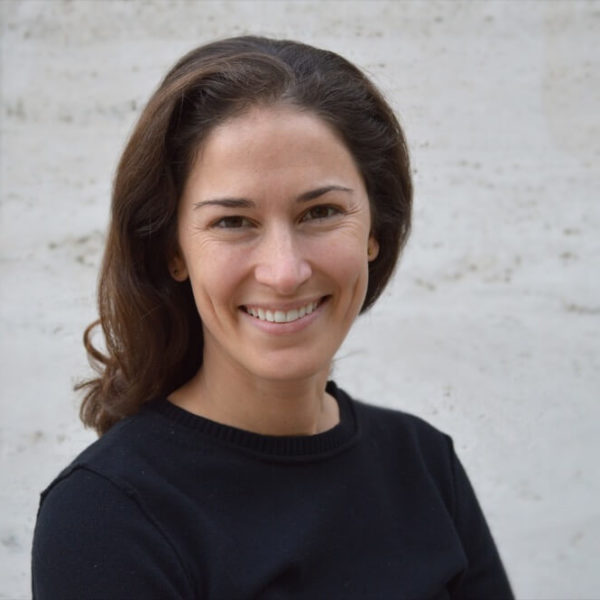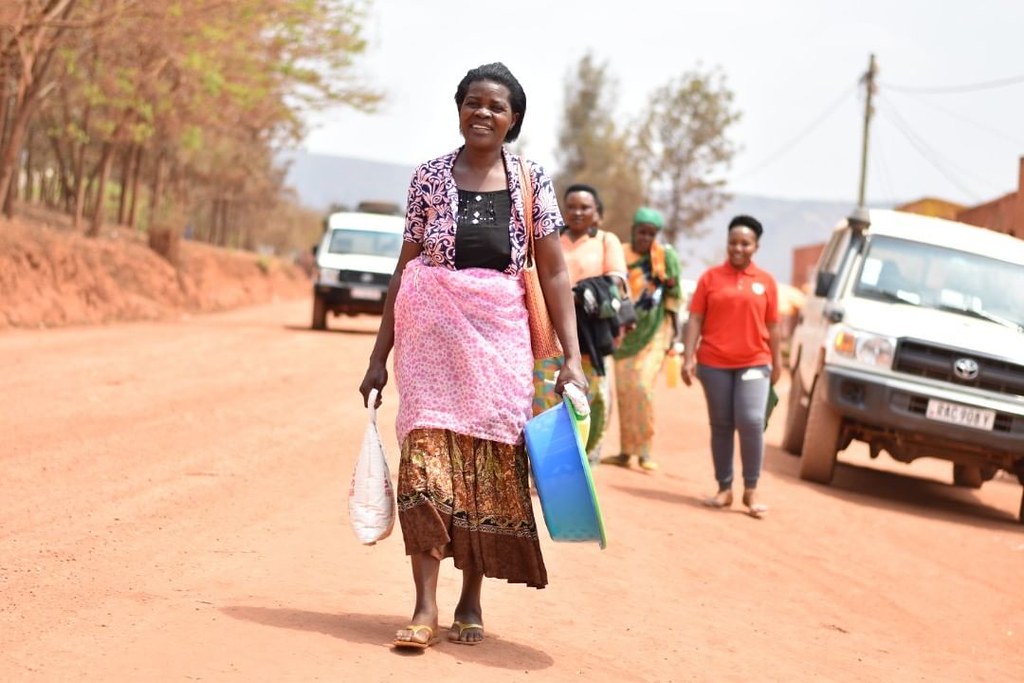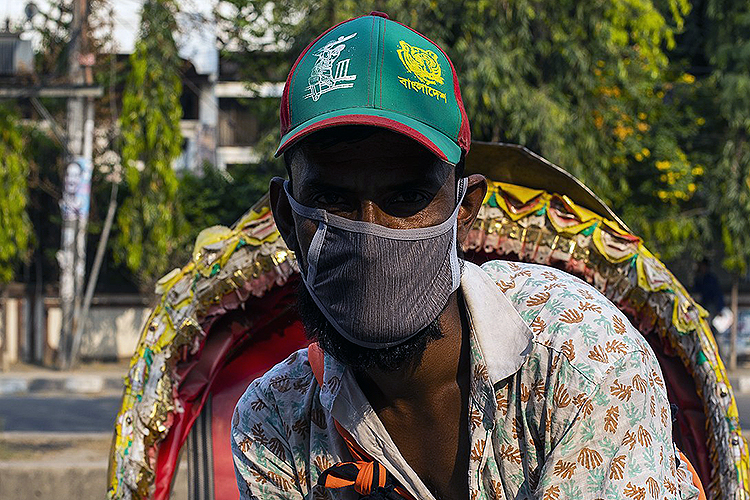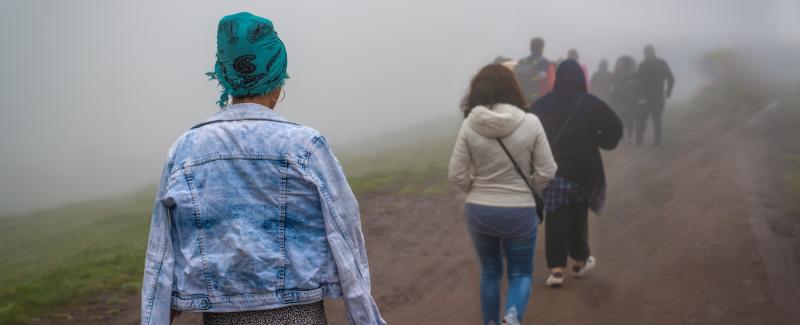COVID-19 and Forced Displacement in the Global South
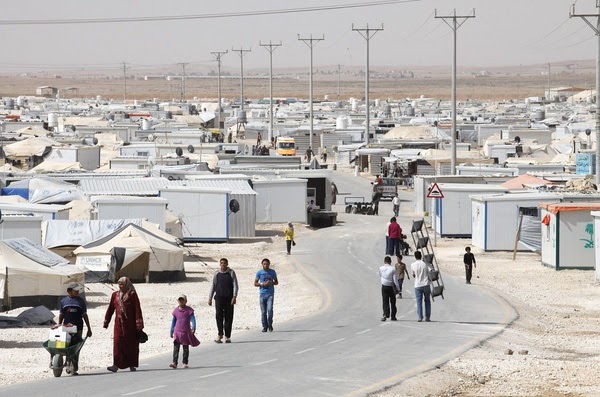
“Daily life in Zaatari refugee camp in Jordan,” World Bank Photo Collection.
Join CEGA, Innovations for Poverty Action (IPA), and the Joint Data Center on Forced Displacement (JDC) for the first in a webinar mini-series focused on the impacts of COVID-19 on forcibly displaced people in the Global South, and efforts by NGOs and governments to support them.
As the COVID-19 pandemic persists around the globe, refugees and others uprooted from their homes—due to conflict, economic hardship, climate change, and other pressures—must combat the dual hardships of disease and displacement. Already among the world’s most vulnerable, displaced individuals often have experienced violence and trauma first-hand, face limited access to services, and have no home in which to safely wait out the virus. On Oct 20, Mushfiq Mobarak (Yale), Nandini Krishnan (World Bank), Dennis Egger (UC Berkeley), and Daniel Stein (IDinsight) will share early insights from rapid phone surveys being carried out with refugee populations in Kenya, Uganda, and Bangladesh. Carson Christiano, CEGA Executive Director, will moderate.
This webinar is part of UC Berkeley’s Berkeley Conversations Series, IPA’s RECOVR Webinar Series: Bringing Evidence to COVID-19 Policy Responses in the Global South, and the JDC’s Event Series on Forced Displacement.
Submit questions for the panelists here, and access the live stream of the webinar on Oct 20th here.
Panelists
Mushfiq Mobarak, Professor of Economics at Yale University and faculty director of the Yale Research Initiative on Innovation and Scale (Y-RISE), will present insights on the impacts of COVID-19 on refugees and host communities in Cox’s Bazar, Bangladesh. This work is joint with Paula López Peña (Yale), C. Austin Davis (Yale), and Shabib Raihan (IPA Bangladesh), and is based on the Cox’s Bazar Panel Survey (CBPS), a larger effort to track outcomes for a representative sample of refugees and host communities in Cox’s Bazar over time.
Nandini Krishnan, Senior Economist with the Poverty Global Practice at the World Bank, will present on the impacts the COVID-19 crisis is having on labor markets, wages, and household coping strategies for recently displaced Rohingya households and their host communities in Cox’s Bazar. This work, joint with Bank colleagues Maria Eugenia Genoni, Afsana Khan, Nethra Palaniswamy, and Wameq Raza, also builds on the CBPS implemented by Mobarak and team.
Dennis Egger, Economics PhD Candidate at UC Berkeley, will share insights from weekly phone surveys about the impacts of COVID-19 on a range of social and economic outcomes being carried out with a representative sample of refugees in Kenya. The project, joint with Theresa Beltramo (UNHCR), Utz Johann Pape (World Bank), Michael Walker (UC Berkeley), and CEGA Faculty co-Director Ted Miguel (UC Berkeley), is part of a larger effort to maintain the Kenya COVID-19 Economic Tracker.
Daniel Stein, Chief Economist at IDinsight, will discuss findings from a recent study with colleagues Emma Kimani, Heather Lanthorn, and Rico Bergemann on the impacts of COVID-19 lockdowns on inhabitants of the Kiryandongo refugee settlement in the Western Region of Uganda. Additionally, leveraging an ongoing randomized controlled trial (RCT) being carried out in partnership with the NGO GiveDirectly, Stein will report on the effectiveness of cash grants in mitigating the economic impacts of lockdowns.
Carson Christiano, CEGA Executive Director, will moderate the panel.

